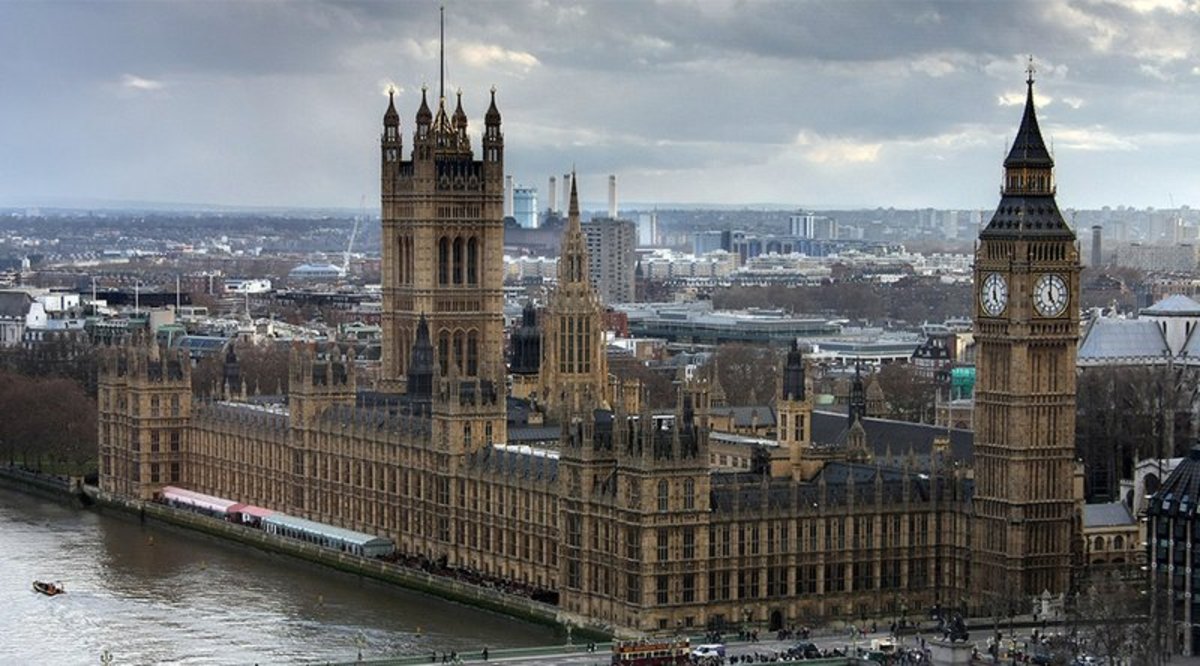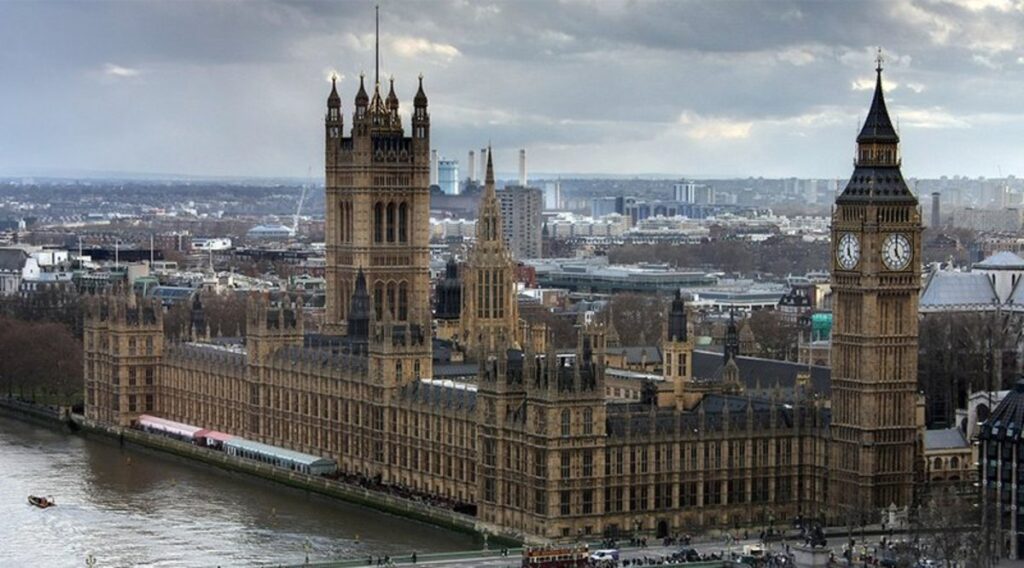[ad_1]

The UK Parliament has introduced the Property (Digital Assets etc) Bill today to officially and legally recognize Bitcoin, cryptocurrency, and other digital assets as personal property. With this new legislation, for the first time, British law would officially protect digital holdings such as Bitcoin and other cryptocurrencies, non-fungible tokens (NFTs), and carbon credits.
“It is essential that the law keeps pace with evolving technologies and this legislation will mean that the sector can maintain its position as a global leader in cryptoassets and bring clarity to complex property cases,” said Justice Minister Heidi Alexander. “Our world-leading legal services form a vital part of our economy, helping to drive forward growth and keep Britain at the heart of the international legal industry.”
This bill aims to address a long-standing legal gap, where digital assets were previously excluded from English and Welsh property law. As a result, owners of digital assets had little recourse if their holdings were interfered with, leaving them in a legal grey area.
Under the new bill, digital assets will be classified as a third category of property, allowing owners to benefit from stronger legal protections against fraud and theft. The legislation will also assist courts in resolving complex disputes, such as those arising in divorce settlements or business agreements involving digital assets.
“The Bill will also ensure Britain maintains its pole position in the emerging global crypto race by being one of the first countries to recognise these assets in law,” stated the announcement.
The UK government further explained that with this new legislation, their legal sector will be better equipped to respond to these new technologies and attract more business and investment to the legal services industry.
“The UK has passed a new bill that will allow crypto and other digital assets to be recognised as personal property,” stated the UK Ministry of Justice X account. “That means owners of digital assets will gain legal protection against fraud and scams.”
[ad_2]
Source link

